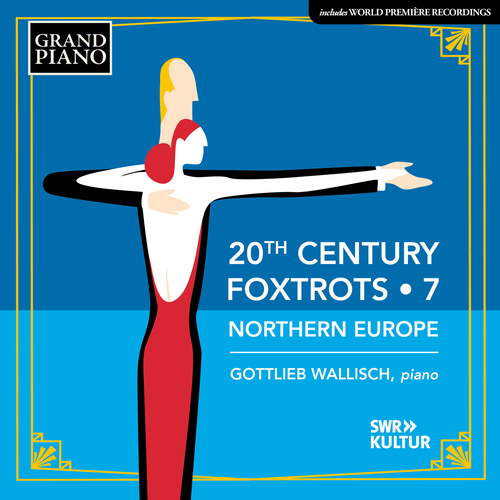
Dick Kattenburg (1919 - 1944)
In the swing era, many more composers tried their hand at the new rhythms, even incorporating them into their classical style, with a predilection for tangos. Dick Kattenburg (1919–1944) was among those who suffered the tragedy of the Holocaust first-hand, deported and slaughtered in Auschwitz at the age of only 24. Forced from 1942 to renounce all assignments, he continued to compose using pseudonyms and arranging Jewish songs, labelling them as Romanian or Mexican melodies. Going into hiding, he continued to study with Leo Smit, a composer who suffered the same fate (he died in Sobibor in 1943), and who also influenced him musically. Kattenburg made the optimism of the Roaring Twenties his own, combining captivating melodic lines with jazzy rhythms and striking, often polytonal harmonies. Some melodic lines are reminiscent of Spirituals, as in Blues for piano four hands and the Tempo di Blues).


 Grand Piano has gained a reputation for producing high quality recordings of rare keyboard gems. Dedicated to the exploration of undiscovered piano repertoire, the label specialises in complete cycles of piano works by many lesser-known composers, whose output might otherwise have remained unknown and unrecorded.
Grand Piano has gained a reputation for producing high quality recordings of rare keyboard gems. Dedicated to the exploration of undiscovered piano repertoire, the label specialises in complete cycles of piano works by many lesser-known composers, whose output might otherwise have remained unknown and unrecorded.






